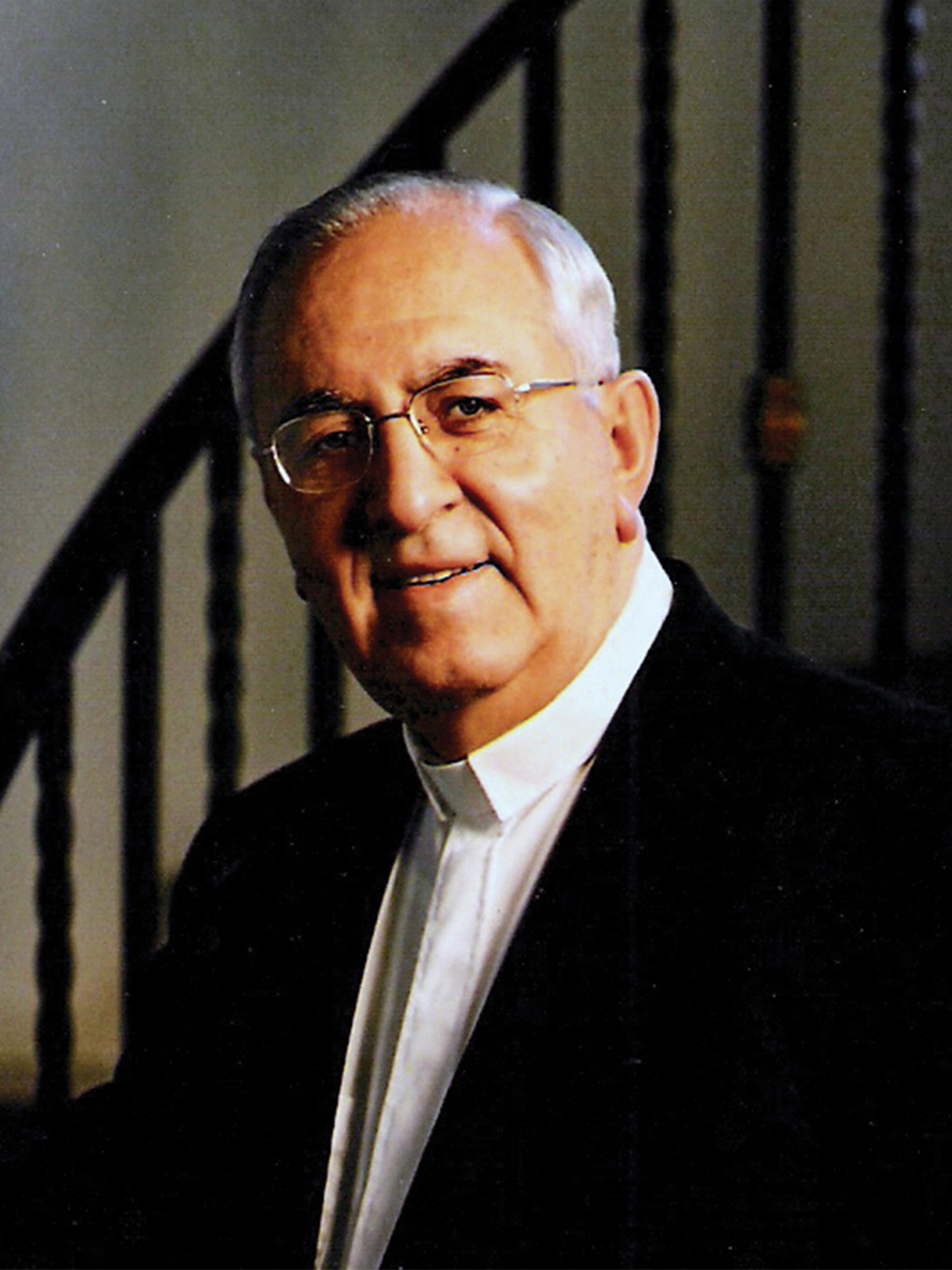

Detour Ahead!
Posted on September. 14. 2024
BY REV. DR. VAHAN H. TOOTIKIAN
The summer season, among other things,
is a period of road work on the highways
and byways. Although road repair is
necessary, it causes some inconvenience
to travelers.
One of the traffic signs that many
drivers do not like is “Detour Ahead!”
This impedes a driver’s direct progress
toward his or her destination. It means
changing roads. It means loss of time.
It always causes a certain amount of inconvenience,
feelings of impatience and
disappointment. People simply don’t
like detours.
The sign “Detour Ahead” has some
obvious and important things to say to us about our journey in life.
First, the sign tells us that we will frequently meet a detour in life. Whether
we like it or not, life is not always a four-lane highway on which we quickly and
swiftly move toward our chosen destinations. Often some of our plans are inhibited,
some of our hopes frustrated, and some of our anticipations delayed. Some
detours are minor. And some are major. Sometimes we are forced to re-route our
journey of life.
The ancient Israel was delivered from the Egyptian yoke—from slavery. They
were headed toward the Promised Land. They anticipated a direct route. But,
before long, detour signs began to appear. The Israelites became discouraged,
some even preferred to return to slavery. A journey that might have taken several
months lasted 40 years. One detour led to another, but they finally reached their
destination.
Second, the sign “Detour Ahead” usually means two things. For one, it means
that our speed will be reduced. It also means that, while the main road is closed,
we can still get through to our destination.
John Bunyan (1628-1688) was an English preacher who refused to obey royal
edicts banning nonconformist preaching. He was imprisoned from 1660 to 1672
for advocating freedom of thought and worship. Prison was a detour for him, but
he sat down and wrote his famous book entitled “Pilgrim’s Progress,” which is
translated into more than 100 languages.
Victor Hugo (1802-1885) was a renowned French writer, who was exiled
after Napoleon III seized power in 1851. His 20 years of exile was a detour in his
life. During his detour years, he wrote “Les Miserables” and half a dozen other
works on which his fame and influence now chiefly rest and through which Hugo
made his greatest contribution to social thought. Bunyan, Hugo, and many other
people like them, transformed the “detours” of their lives into a long range good.
Third, detours are not necessarily a curse; they may be stepping stones leading
us to our destination. It is up to us whether or not we will move toward our
chosen destination. We shall reach our destination if we take the detour and see it
through. If we fail to see it through, a detour becomes a dead end.
We think of a detour as something which blocks and frustrates. But it can also
be a symbol of hope and an invitation to move ahead. Thus, it is largely within us
whether a detour sign ultimately reads “Dead End” or “Way Through.” Taking a
detour in the journey or in journeys of our lives can be a blessing, doing the best
thing in the worst time.
Rev. Dr. Vahan H. Tootikian is the Minister Emeritus of the Armenian Congregational
Church of Greater Detroit and the Executive Director of the Armenian
Evangelical World Council.
